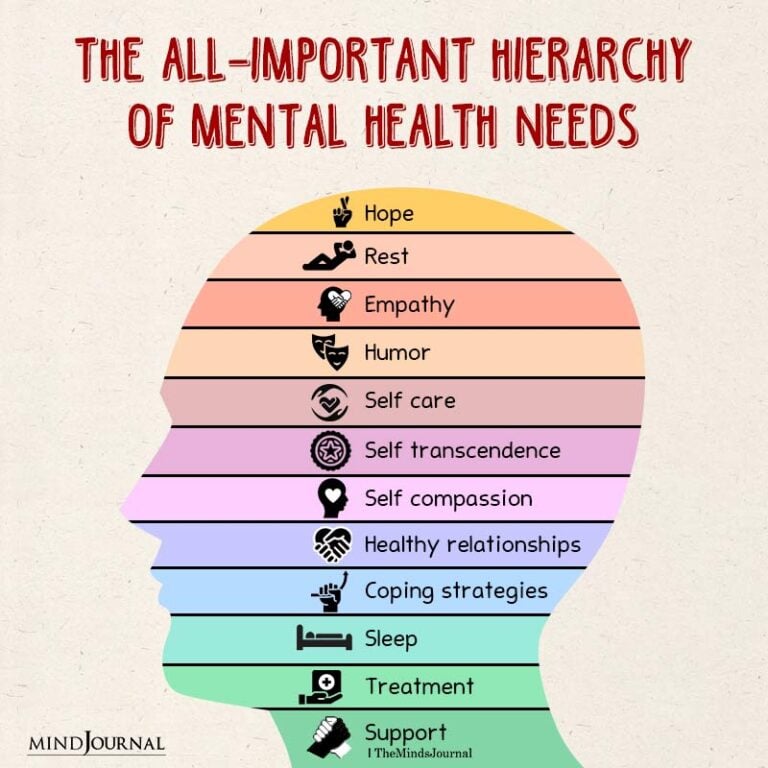Urgent Mental Health Needs Of Young People In Canada: Insights From Global Best Practices

Table of Contents
The Scope of the Problem: Understanding the Unique Challenges Facing Canadian Youth
The prevalence of mental health issues among Canadian youth is deeply concerning. Anxiety and depression are increasingly common, impacting academic performance, social relationships, and overall well-being. Self-harm and substance abuse are also on the rise, often serving as coping mechanisms for underlying mental health struggles. These challenges are exacerbated by unique societal factors prevalent in Canada.
The pervasive influence of social media contributes significantly to anxiety and body image issues among young people. The constant pressure to project a perfect online persona can lead to feelings of inadequacy and social comparison, negatively impacting self-esteem. Furthermore, the intense academic pressure faced by Canadian students, coupled with increasing economic insecurity for many families, adds to the stress and strain experienced by young people.
- Rising rates of anxiety and depression in teenagers: Statistics show a dramatic increase in diagnosed cases, impacting school attendance and academic achievement.
- Increased suicide rates among young adults: This alarming trend underscores the urgent need for accessible and effective mental healthcare.
- The impact of social media on mental wellbeing: The constant exposure to curated online lives fuels social comparison and contributes to feelings of inadequacy.
- Challenges accessing timely and appropriate mental healthcare: Long wait times, limited resources, and a shortage of qualified professionals create significant barriers to care.
Global Best Practices: Early Intervention and Prevention Strategies
Many countries have implemented successful early intervention and prevention programs that offer valuable lessons for Canada. School-based mental health programs, integrating mental health education and readily available support services within schools, are proving highly effective in several nations. These programs often include mental health literacy training for staff and students, early identification of at-risk youth, and access to counseling services.
Community-based support groups provide another vital avenue for early intervention. Peer support programs, where young people connect with others facing similar challenges, offer a safe and validating space to share experiences and develop coping strategies. The power of peer support cannot be overstated; it fosters a sense of belonging and reduces feelings of isolation.
Technology plays an increasingly important role in delivering mental health services. Telehealth platforms offer convenient and accessible mental healthcare, particularly beneficial for youth in rural or remote areas. Online resources, including self-help apps and educational websites, provide valuable information and support.
- Examples of successful school-based mental health initiatives in other countries: Finland's comprehensive approach, integrating mental health support within the school curriculum, serves as a strong model.
- The effectiveness of community-based peer support programs: These programs demonstrate strong outcomes in reducing feelings of isolation and improving coping mechanisms.
- Utilizing technology for accessible and convenient mental health support: Telehealth and online resources are expanding access to care, particularly for those in underserved communities.
- Promoting mental health awareness through educational campaigns: Raising awareness reduces stigma and encourages help-seeking behaviors.
Improving Access to Mental Healthcare in Canada: Addressing Systemic Barriers
Access to mental healthcare for young people in Canada faces significant systemic barriers. Long wait times for appointments, a shortage of qualified mental health professionals, particularly child and adolescent psychiatrists, and inequities in access based on geography, socioeconomic status, and ethnicity are major challenges. These issues result in delayed or insufficient treatment, exacerbating existing mental health conditions.
Increasing funding for youth mental health services is crucial to address these systemic gaps. This funding should support the recruitment and training of more mental health professionals, expand access to evidence-based treatments, and improve service delivery models. Reducing wait times through efficient appointment scheduling, streamlined referral processes, and increased service capacity is also paramount.
Culturally sensitive and inclusive mental health services are essential to ensure equitable access for all young people. Services must consider the unique needs and experiences of diverse youth populations, addressing potential cultural barriers and biases within the healthcare system.
- Long wait times for mental health appointments: Delays in access to care can have severe consequences for young people's mental health.
- Shortage of qualified mental health professionals: A lack of adequately trained professionals creates significant barriers to timely treatment.
- Inequities in access to mental healthcare based on geography, socioeconomic status, and ethnicity: Disparities in access must be actively addressed to ensure equitable care for all young Canadians.
- The need for culturally appropriate mental health services for diverse youth populations: Culturally sensitive approaches are critical for effective engagement and treatment.
The Role of Collaboration: Working Together for Better Mental Health Outcomes
Addressing the urgent mental health needs of young people requires a collaborative effort. Government agencies, healthcare providers, schools, community organizations, and families must work together to create a comprehensive and effective system of care. A multi-faceted approach, incorporating prevention, early intervention, and accessible treatment, is essential.
Young people themselves should be actively involved in the design and delivery of mental health services. Their perspectives are invaluable in shaping programs that are relevant, engaging, and effective. Ongoing evaluation and improvement of programs are also crucial to ensure they are meeting the evolving needs of young people.
- The importance of inter-agency collaboration: A coordinated approach is necessary to ensure seamless transitions between different levels of care.
- The role of community involvement in supporting youth mental health: Community-based programs play a vital role in providing accessible and culturally appropriate services.
- Involving young people in shaping mental health services: Their feedback and participation are critical for developing effective and engaging programs.
- The need for ongoing evaluation and improvement of programs: Regular assessment ensures programs remain relevant and effective.
Conclusion: Addressing the Urgent Mental Health Needs of Young People in Canada
The mental health crisis among young Canadians demands immediate and concerted action. The findings presented highlight the significant scope of the problem, the need for improved access to care, and the importance of incorporating global best practices into Canadian mental health systems. By adapting and implementing successful strategies from other countries, increasing funding for youth mental health services, addressing systemic barriers to care, and fostering strong collaboration between all stakeholders, we can collectively create a healthier future for young people in Canada. Addressing the urgent mental health needs of young people in Canada requires immediate action. By understanding global best practices and advocating for improved access to care, we can collectively create a healthier future for our youth. Learn more about available resources and how you can get involved in improving youth mental health today.

Featured Posts
-
 Confirmation Daisy May Cooper Engaged Shows Off Stunning Ring
May 03, 2025
Confirmation Daisy May Cooper Engaged Shows Off Stunning Ring
May 03, 2025 -
 Will Boris Johnson Save The Tories Exploring A Potential Return
May 03, 2025
Will Boris Johnson Save The Tories Exploring A Potential Return
May 03, 2025 -
 Concerts Danse Et Cinema A La Seine Musicale En 2025 2026
May 03, 2025
Concerts Danse Et Cinema A La Seine Musicale En 2025 2026
May 03, 2025 -
 Reform Uks Internal Power Struggle Key Players And Issues
May 03, 2025
Reform Uks Internal Power Struggle Key Players And Issues
May 03, 2025 -
 The Prisoner Of Azkaban Why A New Director Took The Helm
May 03, 2025
The Prisoner Of Azkaban Why A New Director Took The Helm
May 03, 2025
Latest Posts
-
 Makron Ubedil S Sh A Usilit Davlenie Na Rossiyu Po Ukraine
May 04, 2025
Makron Ubedil S Sh A Usilit Davlenie Na Rossiyu Po Ukraine
May 04, 2025 -
 Images Inedites L Emotion D Emmanuel Macron Apres Une Rencontre Avec Des Victimes En Israel
May 04, 2025
Images Inedites L Emotion D Emmanuel Macron Apres Une Rencontre Avec Des Victimes En Israel
May 04, 2025 -
 La Douleur Des Victimes Israeliennes Emmanuel Macron Temoigne D Une Profonde Emotion
May 04, 2025
La Douleur Des Victimes Israeliennes Emmanuel Macron Temoigne D Une Profonde Emotion
May 04, 2025 -
 Reaction Emue D Emmanuel Macron Rencontre Poignante Avec Des Victimes De L Armee Israelienne
May 04, 2025
Reaction Emue D Emmanuel Macron Rencontre Poignante Avec Des Victimes De L Armee Israelienne
May 04, 2025 -
 Netanyahu Juge La Politique Palestinienne De Macron Dangereuse
May 04, 2025
Netanyahu Juge La Politique Palestinienne De Macron Dangereuse
May 04, 2025
